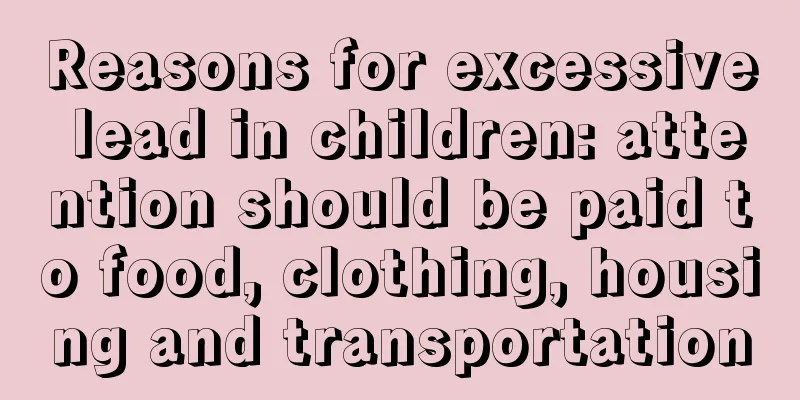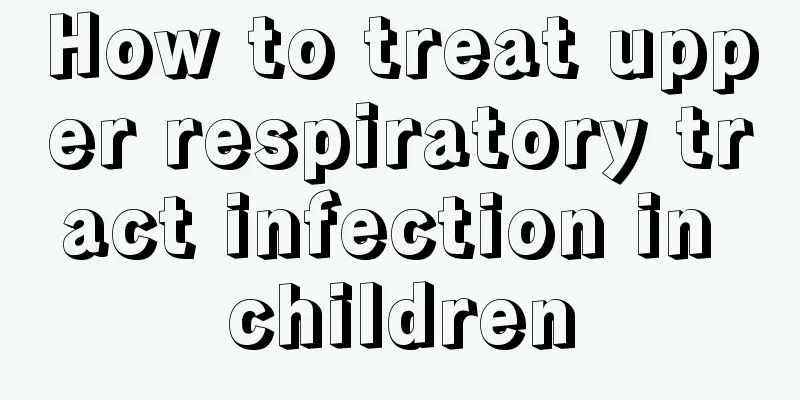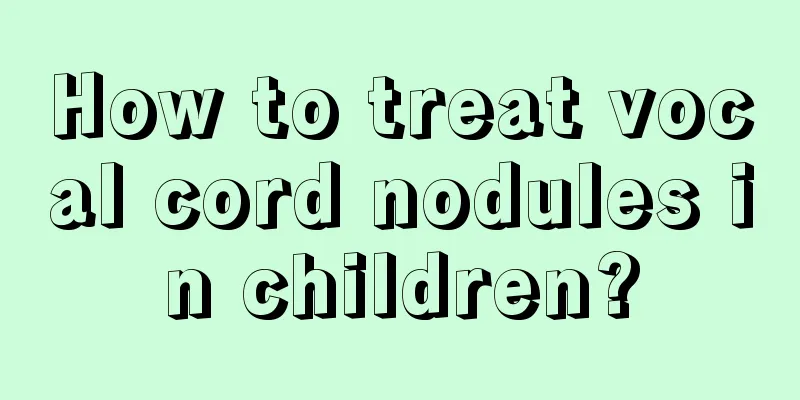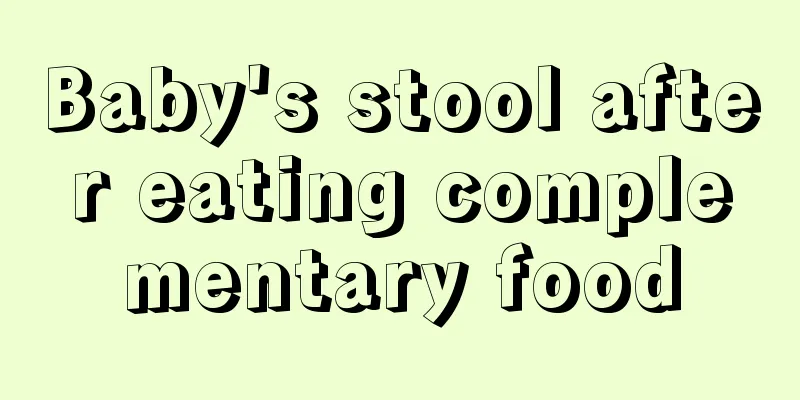Reasons for excessive lead in children: attention should be paid to food, clothing, housing and transportation

|
Now more and more children are suffering from lead poisoning, which is related to their daily diet and life. There are great hidden dangers in our current food, clothing, housing and transportation. The harm of excessive lead in children is also very serious, which will cause damage to the nervous system, blood and digestive system. 1. Causes of excessive lead in children "Clothing" - direct contact with lead-containing dyes, cosmetics, and accessories; occupational personnel pollute the home through lead dust clothing, such as traffic police, teachers, metal smelters, roadside workers, etc.; "Food" - invades the human body through contaminated food and drinking water. Such as: popcorn, preserved eggs, puffed food, roadside barbecue, canned food, vegetables and fruits sprayed with pesticides, lead-containing tableware, etc. "Residence" - home decoration, paint, coatings, electronic products, electroplating products, furniture, lead-containing appliances and handicrafts, etc.; "Traffic" - automobile exhaust, industrial pollution, etc. 2. Hazards 1. Nervous system: irritability, hyperactivity, short attention span, aggressive behavior, slow reaction, drowsiness, movement disorders. Severe cases may include mania, delirium (a temporary neurological disorder characterized by confusion, bewilderment, incoherent speech, restlessness, agitation, and often delusions or hallucinations), visual impairment, and cranial nerve paralysis. When the blood lead level is around 1000 ug/L (4.826umol/L), symptoms of lead encephalopathy such as headache, vomiting, convulsions, coma, and even death may occur. 2. Digestive system: abdominal pain, constipation, diarrhea, nausea, vomiting, etc. 3. Blood system: microcytic hypochromic anemia, etc. 4. Cardiovascular system: hypertension and arrhythmia. 5. Urinary system: aminoaciduria, glucosuria, and hyperphosphaturia in the early stage; in the late stage, patients may experience symptoms of renal failure such as azotemia. |
<<: Diagnostic criteria for sepsis in children
>>: What to do if children have excessive lead levels? You need to know how to remove lead
Recommend
What to do if your three and a half year old baby is constipated
In life, many babies are prone to constipation, e...
What is the reason for delayed tooth eruption in children?
When the baby has reached the age for teething bu...
Children with crooked teeth
Children are a group that needs a lot of care, bu...
What can I use on my child's face for allergies?
Skin allergies are indeed very common in life and...
What causes baby's skin to turn yellow?
There are many reasons for the baby's skin to...
Are there any side effects of using enema for children?
Many parents will use enema on their babies when ...
What to do if your child vomits after eating
It is a common phenomenon for children to vomit w...
What to do if your child vomits after eating something cold
Although children's bodies are in the golden ...
What should I do if my baby has red spots on his body?
Every parent is always afraid that their baby wil...
Can I take a bath if I have roseola infantum?
Roseola infantum is also known as infantile roseo...
Children blink frequently while watching TV
Television is now a very common household item, a...
Can babies eat fish roe?
Fish roe has high nutritional value. It is rich i...
How to supplement iron for eight-month-old babies
Children have a great need for iron as they grow,...
What is the cause of anal pain in children? There are several reasons
Both adults and children may have various problem...
What to do if your child eats a plum pit
Plums are a common fruit in our daily life. The m...









